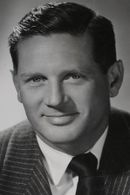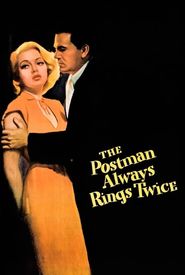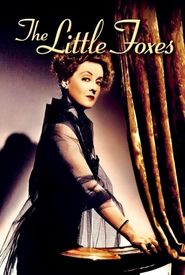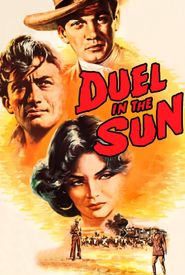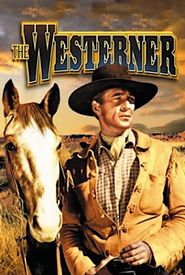Niven Busch was a renowned American novelist and screenwriter, born in the bustling metropolis of New York City in 1903. His early career in journalism began in the 1920s, where he wrote for esteemed publications such as "Time" magazine, eventually rising to the position of editor.
As his reputation as a writer grew, he leveraged his connections in the Hollywood industry, courtesy of his agent, Myron Selznick, to break into the film business. His first film, The Crowd Roars (1932),directed by the legendary Howard Hawks and starring the iconic James Cagney, marked a promising start to his screenwriting career.
Throughout the 1930s, Busch secured steady work at major studios, penning his share of "B" pictures, as well as more prominent films. His talent earned him an Oscar nomination for his work on 20th Century-Fox's In Old Chicago (1937),which was based on his story "We, the O'Leary's".
Busch's prolific career continued, with notable collaborations including The Westerner (1940) with producer Samuel Goldwyn and Pride of the Yankees (1942),co-starring Gary Cooper and his future wife, Theresa Wright. He went on to become Goldwyn's story editor, recommending projects such as The Furies (1950),which was adapted from his novel of the same name.
In addition to his screenwriting success, Busch wrote several novels, including the best-selling "Duel in the Sun" (1944) and "The Furies", which was later adapted into a successful western film. His screenplay for The Postman Always Rings Twice (1946) is regarded as a classic of the "film noir" genre, alongside Pursued (1947),a western noir starring Robert Mitchum.
Busch's personal life was marked by five marriages, including a decade-long union with Theresa Wright, which ended in divorce in 1952. He subsequently moved to northern California, where he purchased a cattle ranch and focused on writing novels. He remarried twice more and became a Regent Professor at the University of California.
In his later years, Busch made a cameo appearance in the 1988 film The Unbearable Lightness of Being, before passing away in San Francisco in 1991 at the age of 88, due to congestive heart failure. His final novel, "The Titan Game", was published in 1989.
